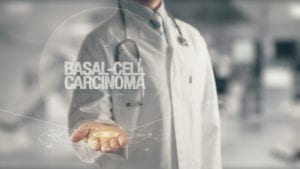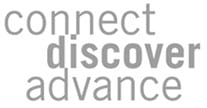Mohs an Excellent Approach for Many Basal Cell Carcinomas
- Posted on: Oct 15 2017
 Current statistics demonstrate a significant prevalence of basal cell carcinomas, the most common type of skin cancer. In addition to doing our part as healthcare practitioners to raise awareness about this potentially serious dermatologic and health condition, it is also necessary to offer patients the highest level of care possible. This means we need to be well-informed about approach considerations that will make a difference in treatment outcomes.
Current statistics demonstrate a significant prevalence of basal cell carcinomas, the most common type of skin cancer. In addition to doing our part as healthcare practitioners to raise awareness about this potentially serious dermatologic and health condition, it is also necessary to offer patients the highest level of care possible. This means we need to be well-informed about approach considerations that will make a difference in treatment outcomes.
Mohs micrographic surgery was first developed more than half a century ago. It hasn’t been until recently, though, that this technique has become recognized as the treatment of choice for the different types of skin cancer, especially highly visible BCCs and SCCs with a high risk for recurrence. When high-risk (versus low risk) BCC or SCC is diagnosed, Mohs is the ideal technique for the best long-term prognosis.
We consider various factors in the selection of treatment for basal cell carcinomas, visibility being only one of them. The growth pattern of cells is important to discern, as is the histologic features of a suspicious growth. In some instances of aggressively-growing tumors, Mohs is just the first step in a balanced treatment plan. Even after achieving clear margins through surgery, a patient may require immunotherapy, chemotherapy, or radiation.
What Makes for Mohs Candidacy?
The growth pattern of a tumor is relevant to treatment type. More aggressive growth patterns that make Mohs a consideration include:
- Metatypical BCC
- Sclerosing BCC
- Field-fire BCC
- Infiltrating BCC
- Involvement of deep tissue or bone
- Keratotic BCC
- Multicentric BCC
- Collision of BCC and SCC growths (basosquamous cell carcinoma)
One of the most well-known advantages of Mohs surgery is the substantial reduction in recurrence risk. Mohs may be appropriate for recurring BCC tumors as well as for high-risk primary tumors with an aggressive growth pattern. In the end, patients benefit from tissue preservation and optimal removal. Ultimately, Mohs provides patients with what they most need: peace of mind.
Learn more about Mohs training courses and membership with the American Society for Mohs Surgery at (800) 616-2767.
Posted in: MOHS Surgery


